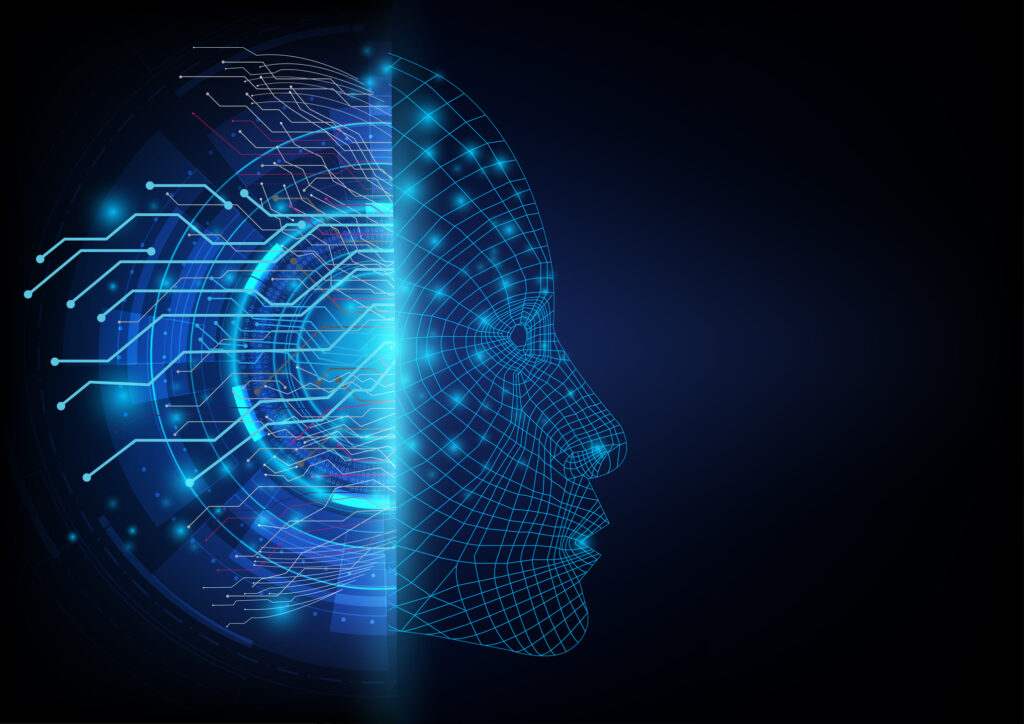Introduction
Artificial Intelligence (AI) has rapidly emerged as a transformative technology in various industries, and higher education is no exception. As the capabilities of AI continue to advance, there is an increasing concern about its potential impact on the traditional higher education system. In this blog, we will explore the role of AI as a potential threat to higher education, its implications, and the strategies institutions can adopt to adapt to this evolving landscape.
Understanding Artificial Intelligence (AI)
Before delving into the impact of AI on higher education, it is crucial to have a clear understanding of what AI truly entails. In simple terms, AI refers to the development of intelligent machines that can perform tasks that typically require human intelligence. These tasks include speech recognition, problem-solving, decision-making, and even learning from experience.
AI has the potential to revolutionize various aspects of higher education, including teaching, learning, administrative tasks, and student support services. With AI-powered systems, institutions can automate routine processes, analyze vast amounts of data, and provide personalized learning experiences to students.
The Impact of AI on Higher Education
As AI continues to advance, its impact on higher education is becoming more evident. One of the significant impacts is the potential disruption of traditional teaching methods. AI-powered platforms can provide intelligent tutoring, adaptive learning, and virtual classrooms, making education more accessible and personalized.
Higher education institutions can leverage AI to enhance administrative tasks, such as admissions, student support, and campus management. AI-powered chatbots can provide instant assistance to students, reducing the burden on staff and improving overall efficiency.
Challenges Faced by Higher Education Institutions
While AI offers numerous opportunities, it also presents challenges that higher education institutions must address. One of the primary concerns is the potential job displacement caused by automation. As AI takes over certain tasks, there may be a shift in the demand for specific skill sets, potentially rendering some job roles obsolete.
Furthermore, ethical considerations arise when implementing AI in education. Privacy concerns, data security, and algorithm bias need to be carefully addressed to ensure fair and equitable access to education for all students.
Potential Disruptions Caused by AI in Education
The widespread adoption of AI in higher education can lead to significant disruptions in traditional educational models. AI-powered platforms have the potential to replace certain teaching roles, such as grading assignments, providing feedback, and even delivering lectures through virtual instructors.
Moreover, AI can enable personalized learning experiences for students. Intelligent systems can adapt to individual learning styles and provide tailored content and assessments, enhancing student engagement and outcomes.
Strategies to Adapt to AI in Higher Education
As higher education institutions navigate the evolving landscape of AI, it is crucial to develop strategies that allow them to adapt and harness the potential benefits. One strategy is to focus on upskilling and reskilling faculty and staff to ensure they possess the necessary skills to integrate AI into their teaching and administrative practices.
Additionally, collaboration between academia and industry can foster innovation and help develop AI solutions that address specific educational challenges. By working together, institutions can better understand the potential applications of AI in education and develop effective implementation strategies.
Ethical Considerations in Implementing AI in Education
While AI brings exciting possibilities to higher education, it is essential to consider the ethical implications associated with its implementation. Institutions must prioritize data privacy, transparency, and fairness when designing AI systems.
Moreover, it is crucial to ensure that AI-powered systems do not perpetuate existing biases or discriminate against certain student populations. Regular audits and evaluations of AI algorithms can help identify and rectify any potential biases.
Future Possibilities and Opportunities for AI in Higher Education
The future of AI in higher education holds immense potential. With ongoing advancements, AI can further enhance personalized learning experiences, provide real-time feedback, and enable predictive analytics to support student success.
Additionally, AI can facilitate collaborative learning and foster interdisciplinary approaches, preparing students for the evolving demands of the workforce. As AI continues to evolve, higher education institutions need to embrace innovation and explore new possibilities to stay relevant and provide quality education.
Conclusion
In conclusion, the rise of AI poses both challenges and opportunities for higher education institutions. While there is a potential threat of job displacement and ethical considerations, AI also offers the possibility of personalized learning experiences, improved administrative efficiency, and enhanced student outcomes. By proactively adapting to AI and prioritizing ethical implementation, higher education can harness the power of this technology to shape the future of education.



